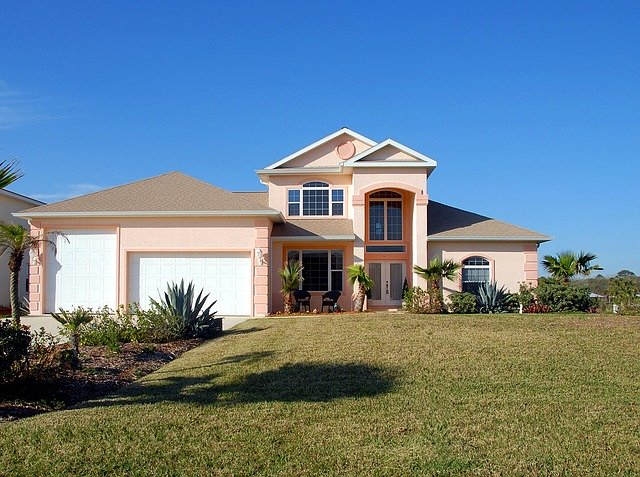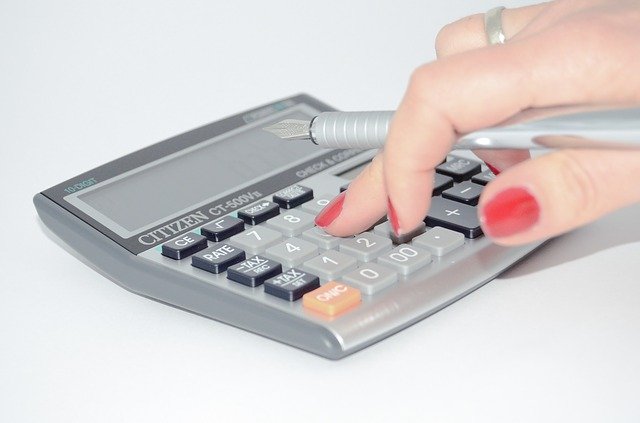
Converting your home into a rental property can be an incredibly rewarding endeavor. Basically, it can help you not only diversify your investment portfolio, but also earn passive income for many years to come.
That said, a residential home is different from a rental home. To successfully convert a residential home into a rental, there are several things that you must do first. For example, you’ll need to change your insurance policy and get the right permits.
In this article by State Property Management, we are going to take a look at 7 things you need to do to convert your home into a rental property.
1. Get landlord's insurance.
A homeowner’s insurance policy is designed to protect you and your home from events such as theft or fire.
It also goes without saying that a homeowner’s insurance policy is only meant for residential homes. So, if you are looking to rent it out, you’ll need to buy the right insurance coverage. That’s where landlord’s insurance comes in.
A landlord’s insurance will help protect not only your property, but also your rental income.
No two insurance providers are created the same. As such, when shopping around, make sure to get quotes from different providers for comparison.
2. Get the right permits.
Different localities have different requirements in regard to investment properties. Some cities in Florida require a permit in order for you to run a rental property.
The goal of a permit is to ensure your property meets all the habitability standards. After all, as a landlord, you have a responsibility to provide your tenants with a property that meets the basic health, safety and building codes.
Check the local laws on rental properties to see if you need a permit in your area. Once you apply for a permit, a government inspector will visit your property and check for things like emergency exits, fire alarms, air conditioning and more.

3. Make your property stand out.
High-quality tenants are picky when it comes to choosing where to live. Therefore, to make your property stand out and appeal to this type of tenant, you may need to make some improvements to your property.
Besides attracting the right tenants, improving your property’s appeal may also allow you to demand more rent and help you fill vacancies quickly.
So, if some aspects of your property look dated, make sure to upgrade them prior to listing your home for rent. You can do that by doing things like touching up the exterior paint, changing the kitchen and bathroom fixtures, and livening up your lawn.
4. Identify the right rent amount.
For you to be able to maximize your income, you need to be able to charge the right rent. Overcharging or undercharging it is bad for your rental investment. If you overprice your unit, you stand the risk of losing tenants to competing properties. And, if you underprice it, you’ll be leaving money on the table.
To price your rental effectively, you’ll need to consider various factors. One of these is knowing how much your property is worth. Appraisers use various parameters to estimate just how much a home is worth, including the location, condition, and sales prices of comparable homes.
Generally, the monthly rent should fall between 0.8- and 1.1% of the home’s value. Therefore, for a home valued at $250,000, the rent should be between $2,000 and $2,750.

5. Understand the Florida tenancy laws.
Various Florida laws govern the landlord-tenant relationship. One of these laws is the Fair Housing Act. Originally passed in 1968, the Act makes it illegal for landlords to discriminate against their tenants based on 7 protected classes.
At the federal level, the classes are disability, race, color, nationality, familial status, religion, and sex.
Aside from the Fair Housing Act, other laws to be aware of include:
• Eviction rules and procedures
• Landlord disclosures
• Security deposit rules
• The implied warranty of habitability
• Fair credit reporting act
6. Set the rules.
To help protect the interests of both you and your property, you need to set the rules. At their most basic form, the lease should help highlight both you and your tenant’s rights and responsibilities.
Make sure to mention things like:
• The rent amount, when and how it should be paid, and the cost of late fees, if applicable.
• The amount, use and return of the security deposit.
• Responsibilities of each party to the lease.
• Your right of entry to the property.
Since you are just starting out, consider hiring an experienced property management company to help you with leasing.

7. Start marketing your property.
No one will know about your property unless you make some efforts to get the word out. And while newspaper ads and yard signs used to work great in the past, they are no longer as effective today.
To make sure you expose your property to as many prospective tenants as necessary, you’ll also need to list your property online. You may also want to ask your family and friends for help.
If all goes well, you should be able to get some leads as early as even the first day. And when you do, make sure you are ready with some screening questions.
The following are some questions to ask:
• Have you ever been evicted?
• How much income do you make?
• Are you ready to pay the move-in costs?
• Have you notified your landlord that you are looking to move out?
In addition, you’ll want to go deeper into the screening process once they have filled out the rental application form.
There you have it, 7 tips on how to convert your Florida home into a rental home.
If you don’t have the time or experience to manage your property, State Property Management can help. We provide professional rental management services, and have been managing single-family homes, multi-family apartment properties, and condominiums throughout Central Florida for years. Give us a call today at (407) 634-2800 to learn more.